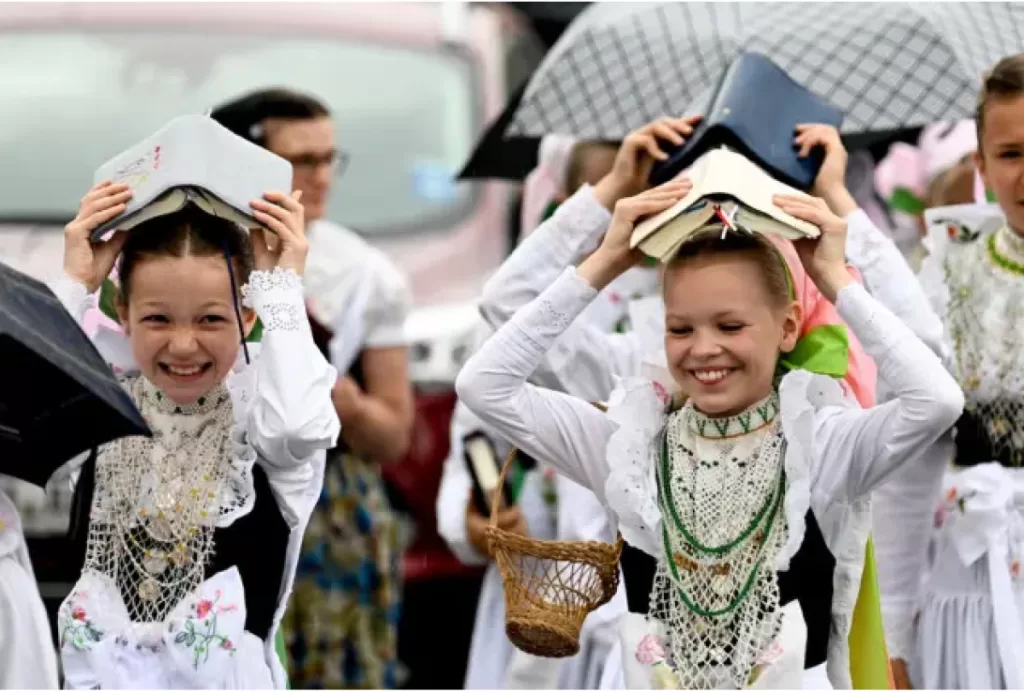The tradition of a fast as repentance or penance is said to have come from the Book of Jonah in the Bible when the city of Nineveh fasted to appease god at the behest of the Prophet Jonah. Certainly, it was a popular custom that took hold in mediaeval Europe with a seemingly never-ending supply of wars, famines and plagues offering plenty of opportunities to seek divine help.
Switzerland still observes a public holiday for these fasts, showing their usual penchant for organising things by rounding them up into the single all-denomination Federal Fast.
The first official day of prayer in Germany, scheduled by Emperor Charles V, was observed in 1532 by Protestants in the Holy Roman Empire in Strasbourg to address the Ottoman invasion taking place at the eastern border of the Empire.
Repentance Day was a public holiday all across Germany from 1934 to 1995, when it was cancelled in all states across the country (except Saxony) in order to finance nursing care insurance. Saxony decided to keep the holiday and instead raise labour revenues to fund the insurance.
During the second world war, it was celebrated on the Sunday after its usual date to reduce the number of non-working days and its effect on the war effort.
It is a school holiday in Bavaria. In Berlin, Protestant students can decide for themselves whether or not to attend school on the day of prayer.
If you were planning to go watch Bayern Munich play football, then head on a club to dance the night away, think again – as dancing from 2am until midnight and sporting events are banned on the Day of Repentance in Bavaria.
